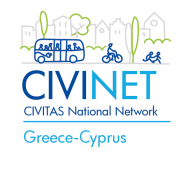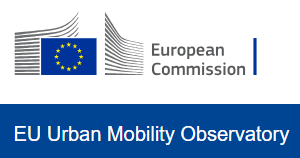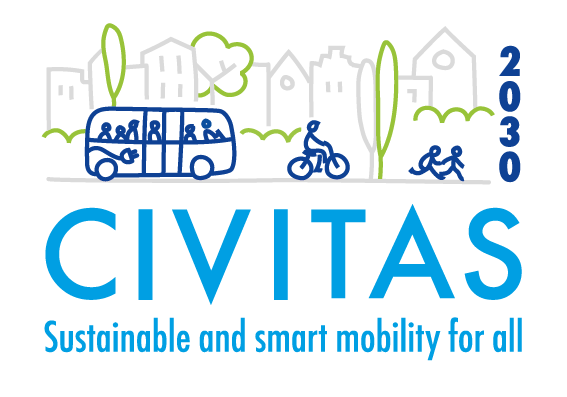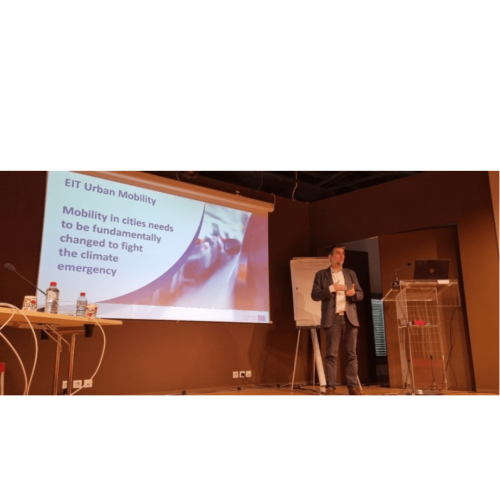EIT Challenge My City – 1st Workshop for Local Stakeholders
Two leading Greek municipalities in sustainable mobility issues, Larissa and Heraklion in Crete, have long ago started to implement sustainable mobility solutions in line with the Sustainable Urban Mobility Plans they have developed.
On February 14 and 15, 2023, CIVINET Greece-Cyprus had the honour to launch a multifaceted collaboration with its two members and the European Institute of Innovation and Technology/Urban Mobility (EIT UM) in the framework of the #ChallengeMyCity project. The aim of the collaboration is to implement three innovative sustainable mobility solutions in each municipality during a six-month pilot phase in 2023. The solutions are mainly related to technological innovation that have been successfully tested in other European countries.

In this context, a kick-off consultation event was organised in each city to map the current challenges faced by the two cities and prioritise them according to the input of the local stakeholders involved. The event consisted of:
(a) the framework and successful applications of this project in Madrid, Milan and Toulouse (the presentations of the EIT representative, Mr. Lluis Puerto for Larissa and Heraklion)
(b) the projects implemented and planned by the two municipalities (the presentation of the Deputy Mayor of Larissa, Mr. Soultis, can be found here and the presentation of the Deputy Mayor of Heraklion, Mr. Anastasakis, here)
The involvement of local stakeholders, such as associations of people with disabilities, the traffic police, local communities, and the urban buses, has given an important impetus to the project that has just begun and has highlighted the following issues as crucial:
- Management of parking inside and outside the centre of the two cities
- Management of public transport and creation of synergies with other modes of transport
- Raising awareness and educating citizens, institutions and professionals in the two regions
- Enforcing compliance with existing regulations
- Reorganization of the institutional framework
- Enhancing accessibility by radically improving all relevant infrastructures
- Increasing road safety through speed reduction
- Creation of integrated pedestrian and cycling networks
- Creation of an information system that informs residents and visitors about the constraints and mobility alternatives in the two areas
- Reduction of pollutant and noise emissions in residential areas
- Acquisition and use of environmental data and information on mobility
- Sustainable management of shop supply
- Combating mobility-related crime
- Lack of incentives for citizens and professionals
These kick-off events will be followed by events to mature the solutions selected for the two cities, involving both local stakeholders and citizens.
If you would like your organisation to be included in the updates of this project, please do not hesitate to email us at info@civinet.gr.




